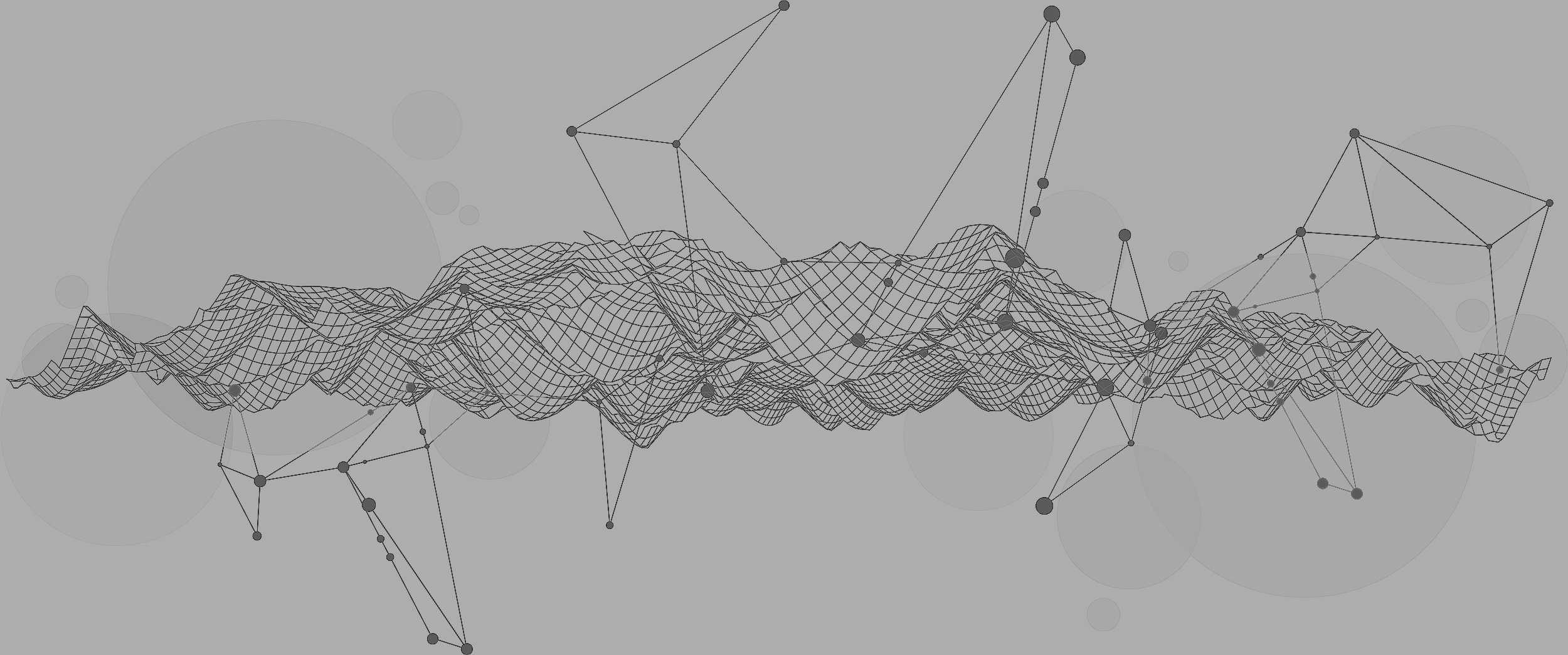Transforming Business Intelligence through Topological Sciences
Topological Integration
Integrating models into mainstream operations
Data integration using topological models has evolved from a mere technical process to a strategic initiative, fundamentally altering how companies approach decision-making and operational efficiency. With the advent of topological sciences, businesses are now equipped to tap into a deeper understanding of their data, transforming it from a retrospective tool into a proactive force.
Topological sciences offer a unique perspective on data analysis, focusing on the shape, structure, and connectivity of data. This approach transcends traditional data analysis methods, uncovering hidden patterns and relationships within complex datasets. The integration of these topological insights into business models enables organizations to harness the full potential of their data.
Strategic Shift in Business Intelligence
The integration of topological analysis represents a significant shift in business intelligence. Traditionally, business intelligence has been primarily retrospective, analyzing past data to understand trends and outcomes. However, with the incorporation of topological data analysis, companies can now anticipate future trends, identify emerging opportunities, and respond proactively to market dynamics.
The insights gained from topological sciences empower businesses to move from reactive to proactive decision-making. By understanding the intricate relationships and patterns within their data, companies can predict market changes, customer behavior, and potential risks with greater accuracy, enabling them to make strategic decisions ahead of time.
Streamlining Operations with Model Integration
Integrating topological models into daily operations is not just a technical task; it’s a strategic move that streamlines decision-making processes. This integration allows businesses to:
Automate Complex Decisions: By embedding topological models into operational systems, companies can automate decision-making processes, reducing the time and effort required for data analysis.
Enhance Operational Efficiency: The application of topological models enables businesses to identify inefficiencies and optimize their operations, leading to increased productivity and reduced costs.
Personalize Customer Experiences: Utilizing topological insights, companies can tailor their products and services to meet the unique needs and preferences of their customers, enhancing customer satisfaction and loyalty.
The impact of integrating topological data analysis in business operations can be observed across various industries:
In retail, topological models have been used to optimize supply chains, forecast demand, and personalize marketing strategies.
In finance, these models assist in risk assessment, fraud detection, and algorithmic trading, providing a competitive edge in a fast-paced market.
Navigating Business Complexities with Agility and Intelligence
The integration of topological models equips businesses to navigate the complexities of the modern business landscape with agility and intelligence. This strategic approach enables companies to stay ahead of the curve, adapt quickly to market changes, and maintain a competitive advantage.
The strategic integration of topological models in business operations marks a new era in business intelligence. By leveraging the rich insights from topological sciences, companies can transform their data into a proactive tool, driving smarter decision-making, optimizing operations, and leading the way in their respective industries. In today’s fast-paced business environment, the ability to seamlessly integrate these models into daily operations is not just a technical endeavor; it's a strategic necessity.

Would you like more information?
If you want to more information about this subject please get in touch with our Topology expert, who would be pleased to hear from you.
Invoke Ingenuity Data Topology Specialist
Ingenuity Framework is designed and maintained by our Data Topology team who are backed by our R&D on TDA sciences.







